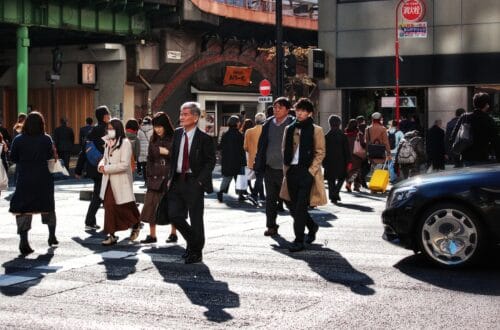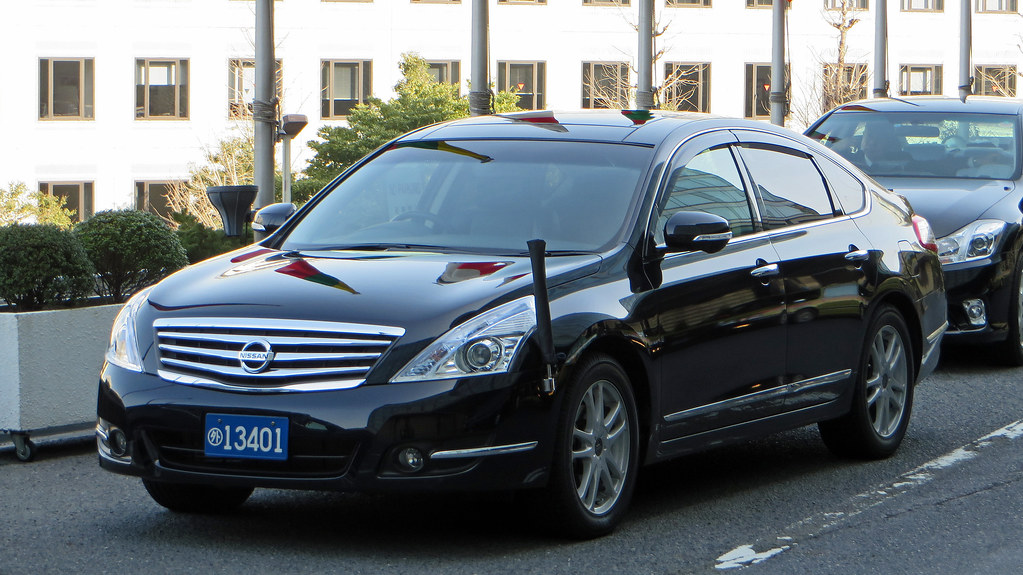
How to Buy a Car in Japan: A Comprehensive Guide
Buying a car is rarely an easy decision. And doing so in a new country can be daunting. But here’s all you need.
First of all, you need to research and shortlist cars that suit your requirement. Secondly, you can research and decide whether to buy a new car or go for a used car. Cars are also available in auction houses. Educating yourself on all that is needed before you decide to buy a car is helpful.
Quick Navigation
Do your research well
Before you decide to purchase, starting with research is always a good idea. Buying a car in Japan can be a tedious and complex task. But if you do your research well and understand the process, things will seem much simpler. You also need to decide whether you want to buy a new car or a used car.
There are a lot of online resources available where you can take a look at different cars available in Japan. A thorough comparison of price, features, and looks. We’ll help you zero in on the car that you think is perfect for your requirement. Knowing which car you want to buy will be very helpful before you go around visiting dealerships looking for the perfect car.
Below are a few more things that you should know before you buy a car in Japan.
White plate cars and Yellow plate cars
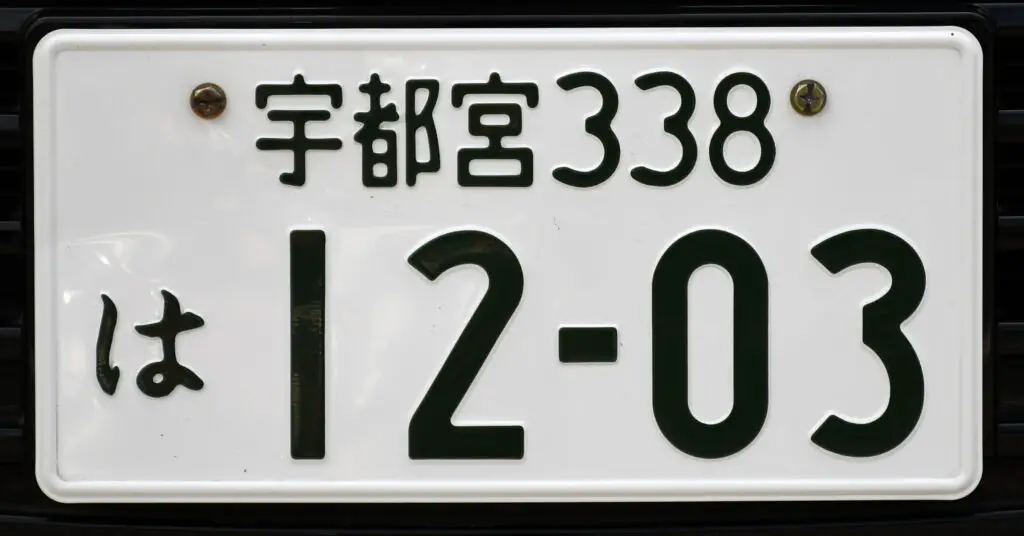
There are two types of cars in Japan – white plate and yellow plate. The white plate cars are the ones that we see all around the world. These are spacious cars with good safety features. They are good for long-distance travel and highway travel at high speeds.

The yellow plate cars are smaller and are relatively unsafe. They have an engine of under 1000 cc capacity. Better known as K-cars, they have less boot space and are not suitable for long-distance travel. Also, they have low speed and are better suitable for driving only around the town.
Hiring an agent or an interpreter
Buying a car in Japan, especially if you are looking to buy a used car, would be a lot easier if you have someone with you who speaks Japanese. If you have a friend who can help, that’s good too. Or else, you can hire an interpreter to help you in the dealings. There are also vehicle agents available that can help you in buying a used car. Even though there would be people at the dealership who can speak some English, it is best to have someone who speaks Japanese to make the process easy.
Here are some Japanese words related to cars that you can add to your vocabulary.
| English Word | Japanese Translation |
| car | kuruma |
| parking | pakingu |
| car dealership | kadira |
| road | doro |
| drive | doraibu |
| tire | taiya |
| speed limit | seigen sokudo |
| vehicle inspection | shaken |
| insurance certificate | hoken-shomeisho |
Things you need before you buy a car
Below are the things you must have in order to buy a car in Japan.
Driving License
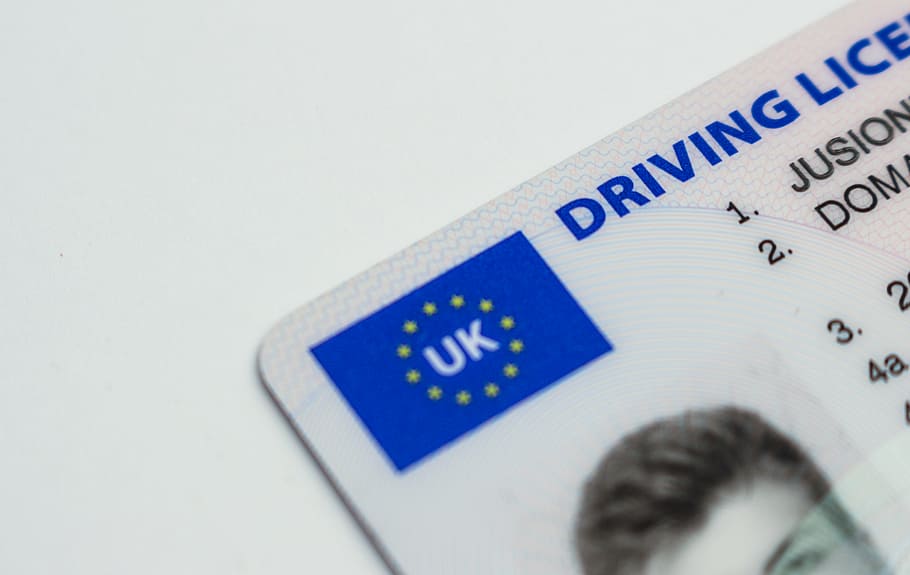
A driving license is absolutely essential before you can buy a car. A valid driver’s license from the below countries is accepted in Japan for up to one year:
- Belgium
- Germany
- Switzerland
- France
- Monaco
- Sweden
- Taiwan
You just need to carry your license and an official copy of the license translated in Japanese. You can get the translated copy from the Japan Automobile federation. Also, you can apply for a translated copy from the embassy or consulate of your country in Japan.
If your driver’s license is not issued in any of the above countries, you need to have the International Driving Permit (IDP). But the IDP in itself is not a valid document and you need to carry the driver’s license issued in your country along with the IDP. This arrangement can also work for up to a year. After that, you can either need to get a Japanese license or go to your home country for three months and return back with a new IDP.
Work Visa
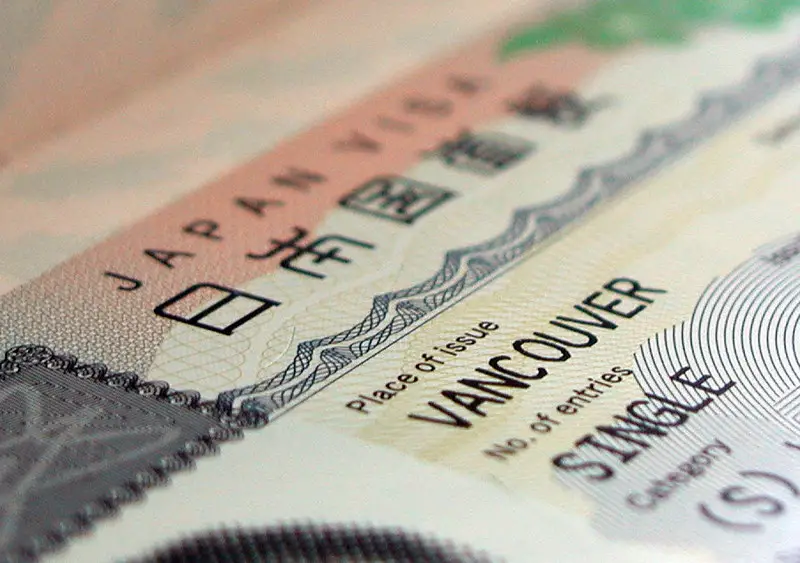
Of course, you will need a valid work visa and Residence card before you can buy a car in Japan. You will also need proof of residence.
Parking Certificate

According to Japanese law, you must be able to provide proof that you have a parking space before you can buy a car. This proof is essentially what a parking certificate is all about. Some apartment agreements come with a parking space. If your agreement does not include one, you will need to rent it.
You can rent a parking space in your apartment building if available. Or else, you would need to rent a parking space that is within 2 km of your residence. Then, you need to contact your local police station with Google maps proof showing your residence and the parking space. They will then issue the certificate. You will also need the Hanko stamp for the certificate. The Hanko is your personal name stamp.
The rent for a parking space is monthly and a 3 months’ worth of deposit is charged. The rent varies from area to area. For example, a parking space in the city area of Tokyo can cost up to 60,000 JPY a month, whereas in some other areas you can get a space in as much as 10,000 JPY a month or even lesser.
How to Buy a New Car in Japan?
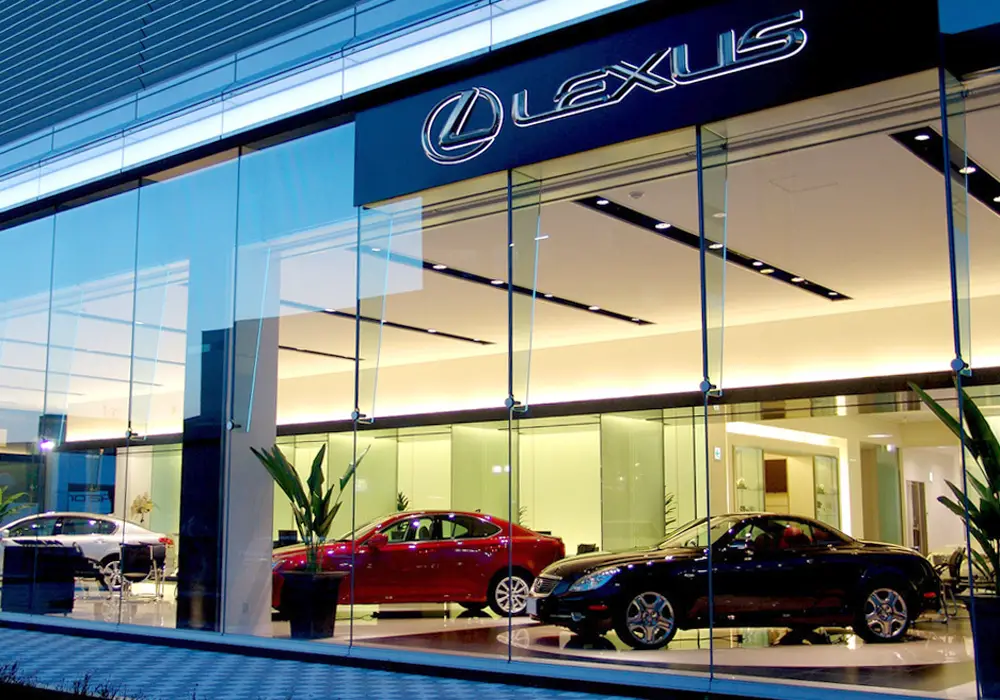
With leading car manufacturers being Japanese companies, buying a new car in Japan is not overly difficult. It can however be a complicated process. But if you inform and educate yourself well, you can successfully buy a new car in Japan.
Most expats don’t prefer to buy a new car, though, because of the following reasons:
- Lots of paperwork involved
- Language barrier
- Financing is difficult due to the lack of credit card history in Japan
- A temporary residence might make buying a new car impractical
But if you still choose to buy a new car, you can buy one from a car dealership. But when you do visit a dealership, don’t fall for the low sticker price on the car. This is just the base price of the vehicle and the consumption tax. There are other additional costs described here.
How to Buy a Used Car in Japan?
Used cars in Japan are usually in very good condition. In Japanese culture, people do not usually prefer to buy a used car for themselves. But a lot of cars are available on the second-hand market. And you can get very good deals on the cars you want. The paperwork involved is more or less similar to buying a new car including the taxes involved.
Usually, car owners sell their cars just before the Vehicle Inspection (known as Shaken in Japanese) is due. This is because they prefer to not spend on the shaken renewal and instead buy a new car. Thus, checking when the next shaken is due becomes an important consideration before you buy a used car. A used car can be bought from a dealership, a private sale, or from an auction house.
Buying a used car from a dealership

Buying a used car from a dealership usually saves you from the hassle of paperwork not unlike if you want to buy a new car. You can just fill up some forms and submit the required documents and the dealer will take care of most of the paperwork for you. If you have the documents ready, you can drive home in your own car quite soon.
But remember that most dealerships do not have an online presence. And even if a few dealerships do have a website, the details on the website are not always up to date. There are a few search websites in English that can help you look for dealership details. Several online resources are available in Japanese, though. So you will need to have a friend who can read Japanese to help you with the details.
Below is a list of websites in English that you can check:
There are several Japanese websites available, too. Once you figure out where the price is, you can check out different models available. Or you can take help from someone who can read Japanese.
The dealer can help you look at different car models of your choice before you select one. But if you are looking to get answers around the vehicle history, you might not get too much information. Also, though some people at the dealership might be able to interact with you in English, we strongly recommend having a person with you who can speak Japanese.
Below are a couple of dealerships you can visit to take a look at the cars available. They help their customers with the paperwork involved in buying a car.
Euro Japan, Tokyo
J Auto, Kyoto
Carchief, Osaka
Visiting a dealership
Most dealerships will be located quite far from residential areas. So getting to these places might be difficult. But many dealerships will provide a pick-up and drop service for you. So, if you are serious about buying a car, you can ask them about this service.
Once at the dealership, you can look at the lined up cars in the parking lot. Look for scratches or other physical damage and inspect the exterior. If you see that the cars have seat liners and mats inside, you can even check out the interiors. If you know anything about engines, you can take a look beneath the hood.
Most of the dealerships won’t allow you a test drive, though. This is because for many used cars at the dealership, the shaken has already expired and it will be issued again at the time of purchase.
The salespeople at the dealership will leave you alone to do the inspection and will come in only when you call them. You can ask them any questions that you might have. But the sale happens inside, so does the negotiation on the price. Once you have selected the car you want, you will be invited to sit inside while they give you an estimate.
The estimate includes all the taxes and additional costs mentioned above. It also includes some add-ons from the dealer such as charges for home delivery of the vehicle and service/maintenance charges. You need to carefully go through all the additional costs given and choose which add-ons you don’t wish to take.
Then comes the negotiation on the price. Negotiation is very common in Japan when it comes to cars. Usually, the negotiation takes place over tea, inside the dealership office.
Buying a used car from a private sale
Buying a car from a private owner can be more economical as compared to buying a car through a dealer. You can get the same car at a cheaper price when you buy it directly from the owner. Also, in Japan, transactions between individuals are exempted from tax. The downside is that you will have to do all the paperwork yourself. Also, for a private sale, you cannot apply for a loan.
But it is also true that you won’t find many owners willing for a private sale. Even though the owner can expect a better price when selling to an individual instead of a dealership, they don’t prefer this option due to the extensive paperwork required.
If you have a close friend or know someone who wants to sell their car, you can explore this option. You can also check sites such as Craigslist and Locanto to see of any privately owned cars are for sale. But be prepared to wade through a lot of paperwork to get your car registered.
Buying a used car from an auction house
Auto auctions are common in Japan. Every day, thousands of cars are sold through auctions. Bidders are usually dealers or exporters who bid on these cars. Each auction is finalized in less than 30 seconds and the car is sold to the highest bidder. You can find almost every type of car across various price ranges at these auto auctions.
Every auction house has its dedicated inspection area where each car that is auctioned is thoroughly inspected. The inspectors feed the below information about the car in an online system:
- The engine’s size, condition, and mileage
- The year of manufacture
- A rating based on the exterior condition of the vehicle
- A rating based on the interior condition of the vehicle
- The due date of the next shaken
- Service history detailing any major repairs, spare parts replacement, and other relevant details.
- The pictures of the vehicle
The interested buyers can access this online information and decide which cars they wish to buy. For the bidding, you can go through either a dealer or a vehicle agent. The bidding is very competitive, meaning that the bidder has to act very fast to get the car they want. But this is also the place to get cars at wholesale prices.
Sites such as Prestige Motorsport and Carused can give you details about the different auctions taking place and even send emails with the latest news about auctions. You can also browse through different cars available for auctions on these sites.
Additional Costs of Buying a Car
The prices that you see on the cars in the dealership are only the base price plus consumption tax. The additional costs involved are given below:
Vehicle Registration
Vehicle registration involves procuring the relevant documents from the ward office, your landlord, and the local police station and submitting them to the vehicle registration office. Note that this process cannot be completed in English and you will need someone who speaks Japanese for each step of the process.
Vehicle Inspection (Shaken)
Shaken is the mandatory vehicle inspection in Japan. It is a fairly exhaustive 60-point inspection. It includes thorough scrutiny of the safety equipment such as headlights and indicator lamps as well as functional equipment such as wheel alignment, breaks, suspension, speedometer. All parts are checked carefully.
This inspection is mandatory at the time of registering a new vehicle. It is due again three years after purchase. And then, every two years for the vehicle’s lifetime. The cost incurred for the inspection includes any parts that need to be replaced. The average cost can be put down to anywhere between 100,000 JPY and 200,000 JPY.
Annual Vehicle Tax
This is a tax to be paid each year. The cost depends on the engine capacity with smaller cars having a lower tax cost. Expect to pay anywhere between 30,000 JPY and 85,000 JPY each year.
Weight Tax
When you get the Vehicle Inspection certificate (shaken), the curb weight of the car is listed on it. The weight tax is calculated based on this weight. The general range of the weight tax, depending on the size of the car is between 10,000 JPY and 80,000 JPY. This tax is applicable when you buy a new car, and then during every shaken renewal.
Recycling Certificate
The recycling certificate shows that the buyer has already paid for the disposal of the vehicle when it is no longer fit for driving. The cost is based on the volume of the material used in the vehicle. The usual range is between 10,000 JPY and 50,000 JPY.
Insurance
You need to buy compulsory liability insurance that covers third-party insurance in the event of an accident. The purchase of the insurance policy is part of the shaken process and needs to be renewed when the shaken is up for renewal.

However, this compulsory insurance provides a very limited liability cover, and going for further insurance is highly recommended. Even though it is not mandatory, going for fully comprehensive insurance is a good idea.
When you buy a car from the dealer, most of the above paperwork is taken care of by someone at the dealership. So, it saves you a lot of hassle. You will need to submit the below documents at the dealership for them to help you with the registration process:
- Driver’s license (As described here)
- Copy of your Work Visa and Residence Card
- A recent, original Resident Certificate (issued within 3 months by the ward office)
- Inkan registration certificate (issued by the ward office)
- Hanko (name stamp) registered at the ward office
- Parking certificate (As described here)
- A bank loan or a loan from a credit card agency. You will also need a guarantor.
What should you know about driving a car in Japan?
Left side driving
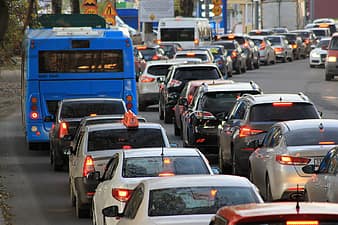
In Japan, driving is from the left side of the road. For people who come to Japan from the UK or Australia, this might be familiar. But for those coming from the US or European countries, it might take some time to get used to this type of driving.
Drunk driving
Drunk driving is not at all tolerated in Japan. The permissible limit of alcohol in the blood while driving is 0.03%. Drunken driving can attract a prison term of 5 years or a fine of around 1,000,000 JPY.
If the policeman who stops you feels you are in an unfit condition to drive, you can still be charged with drunken driving, even if the alcohol percentage is within permissible limits. If charged for drunk driving, even the passengers in the car are penalized and/or prosecuted.
Roadside Assistance
Roadside assistance services are available in Japan if your car breaks down or if there is an accident. You can check out and save the contact details of roadside assistance service providers in your city.
You can check the Japan Automobile Federation website to know more about the rules of driving and also about road assistance. Navigating your way through Japan is easy if you know how to.
Other considerations before buying a car in Japan
Below are some other things you should consider before you buy a car.
Do you really need a car?
The public transport in Japan is pretty efficient. Traveling around the city using public transport is quite convenient and fast. It is only if you need to venture into the rural areas that you might want to have a car of your own. Also, if you are a family, having a car might be a good idea for getting around. This is especially true if you have kids, too.
Have you considered the option of hiring a car?
Do check out the option of hiring a car if you don’t have very strong reasons for buying one. Hiring a car is very easy and much less paperwork is involved. Also, it is a cheaper option compared to buying a car. You, of course, need to have a valid driver’s license as described here.
Most car rental companies are located near stations. So you can easily pick up the car and drop it back before taking public transport. Also, most car rental services give you a free pick up service so that you can go to their company office and complete the formalities for hiring a car.
You can choose a monthly or six-monthly plan based on your requirement. Comprehensive insurance is also included in the cost or you can pay extra depending on the number of drivers.
Should you ship your own car instead of buying one?
Shipping your car to Japan is not exorbitantly costly. For example, you could ship your car from anywhere in the US for 2000 to 4000 USD. Shipping from Europe can be around 3000 to 4000 Euros.
But once the car lands in Japan, there is a lot of paperwork involved. You need to pay for insurance and the road tax. On top of that, you will have to go through a process so that your vehicle is declared roadworthy. All these costs can run up to another 6000 USD at least. That makes shipping your car to Japan not a very wise option.
Color of the car
Here’s a tip for you. Silver is a popular color for new cars in Japan. But black and white are more popular in the second-hand market. Bright colors are also sometimes preferred but they come at an added cost. So, if you want to be able to save more while buying a used car, you could go for a silver car. Chances are, you could get a good deal on it during the negotiation.
Related Questions
Below are some frequently asked questions about buying a car in Japan.
Is it cheaper to buy a car in Japan?
The pricing of cars is the lowest in Japan in all Asian countries. Also, the Japanese tend to change their cars frequently due to newer cars coming on the market. This means there is a flourishing market for used cars in Japan where you can get a good car at a great price.
How old can a car be in Japan?
The vehicle inspection (shaken) is quite expensive in Japan. Every car owner has to get this inspection done for their car every two years. Once the car is 10 years old, the inspection is mandatory every year. Thus, most car owners write off their car once it reaches the 10-year mark. Hence, it is rare to find a car that is more than ten years old in Japan.
What is the speed limit in Japan?
The default speed limit for highways in Japan is 100 km/h (62 mph). Within the city limits, the speed limit specified is usually 60 km/h (37 mph). If the speed limit is higher or lower than this, it is specified on the roads using signs.




